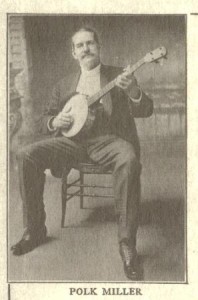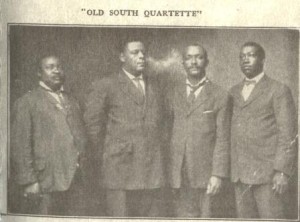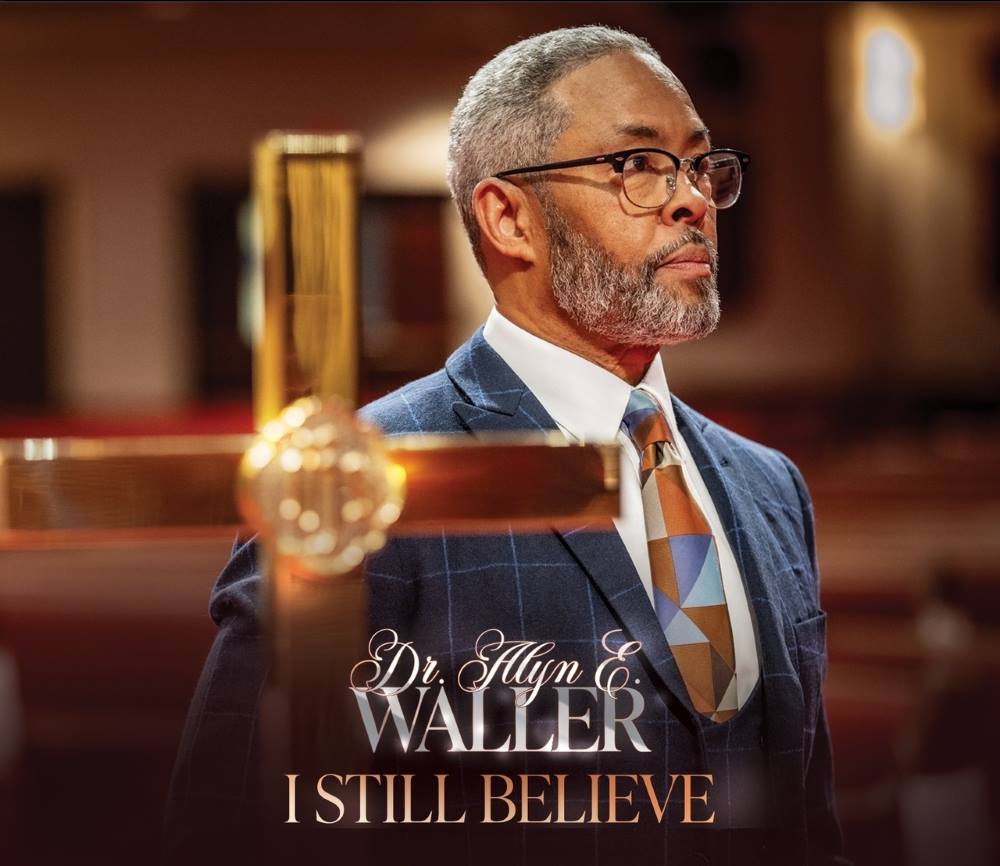Music of the Old South
Polk Miller and the Old South Quartette
Flaherty Recordings 2006
www.polkmiller.com
Ultimately, Polk Miller and the Old South Quartette pioneered the bi-racial musical ensemble, a feat that wouldn’t be replicated in the U.S. until nearly 50 years later.
The story of Polk Miller and the Old South Quartette, and the music they recorded for the Edison and QRS companies, are bound in a handsomely designed and informative package called Music of the Old South. The reissue was produced by collector and music historian Ken Flaherty, Jr. on his Flaherty Recordings imprint.
This reissue of the ensemble’s 1909 Edison cylinders and the Quartette’s 1928 discs for QRS and Broadway is marvelous on so many fronts. First, Doug Seroff’s superb study of Miller, originally published in 78 Quarterly, comprises the bulk of the 25-page booklet in which the CD is packaged. Seroff details expertly how the “matter between Polk Miller and black people isn’t simple or straightforward.” Second, Flaherty adorns the package with rare and fascinating snippets of articles, photos, and even ticket stubs from Miller’s own scrapbook.
Third is the music. Ah, the music! All seven of the ensemble’s Edison cylinders (two- and four-minute) are provided first in their unedited state, with scratches and pops intact, and at the conclusion of the CD in a digitally cleaned up version. The extremely rare QRS/Broadway recordings are here, too, providing a glimpse of how the Quartette sounded when recorded electronically.
What one hears on the recordings are Polk Miller’s adept and old-timey banjo playing and a strong, rhythmic quartet sound that is at once untutored but much better for the lack of polish. The Old South Quartette’s “What a Time” and “Jerusalem Morning” are especially fascinating, as is the novelty secular piece, “Pussy Cat Rag.”
From a historian’s standpoint, however, the most interesting aspect of this project is hearing how spirituals may have been sung by ordinary African Americans in the 19th century versus the arranged spirituals that the professional Fisk Jubilee Singers and jubilee quartets made famous. That is, in his quest to replicate the sound he remembered growing up, Polk Miller preserved something of the authentic sound of African American singing in antebellum America.
Cheers to Ken Flaherty for lovingly producing this time capsule of African American vocal group singing.
Written by : Bob Marovich
Bob Marovich is a gospel music historian, author, and radio host. Founder of Journal of Gospel Music blog (formally The Black Gospel Blog) and producer of the Gospel Memories Radio Show.












 Visit Today : 10
Visit Today : 10 This Month : 293
This Month : 293